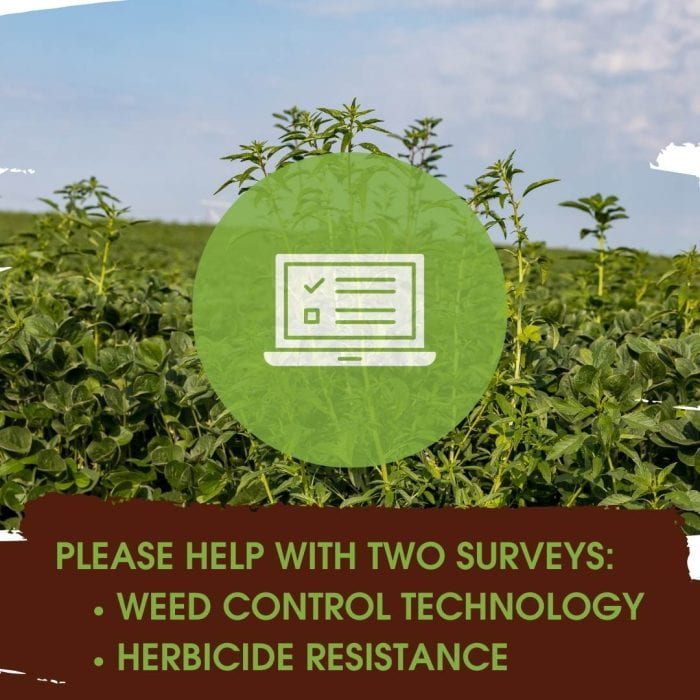
NOVEL WEED CONTROL TECHNOLOGY IN COLE CROPS AND LEAFY GREENS
Weed management in vegetables can be difficult due to a shrinking labor pool, which is also becoming more costly to source, and a lack of effective herbicides. Research and extension efforts must focus on integrating novel weed technology into current crop production systems. Autonomous and semi-autonomous robotic weed control technology has been implemented by some vegetable growers, mainly in the Western US, but is not universally available to or adopted by many producers.
University weed scientists from around the United States (Clemson, Cornell, UC Davis, Florida, Michigan State, Rutgers, Arkansas) have developed the linked survey as part of an SCRI planning grant (SC-2021-07806 DEVELOPING A NATIONAL TEAM TO OPTIMIZE NON-HERBICIDE WEED MANAGEMENT TECHNIQUES IN COLE AND LEAFY GREEN CROPS) to identify:
- new tools of interest (e.g. precision sprayers or cultivators, electrical weeders, drones, etc..) for managing weeds in cole crop and leafy green systems as well as
- the environmental, physical and economic barriers to adoption.
The results of this survey will benefit vegetable growers by enabling the research team to engage in research efforts that are driven by stakeholder-identified needs. Specifically, we will use survey data to develop a multi-regional USDA grant proposal to evaluate and demonstrate novel weed control technology under a variety of commercial conditions and provide our constituents with an economic assessment of their performance relative to current best management practices. Responses from the NE US are needed to ensure that the results best reflect the needs of the local industries.
The survey is VOLUNTARY, SHORT, and ANONYMOUS. The link is below. Questions can be directed to the study leader, Dr. Matthew A Cutulle (mcutull@clemson.edu) or Dr. Lynn Sosnoskie (lms438@cornell.edu).
HERBICIDE RESISTANCE
With the recent documentation of evolved herbicide resistance in New York, including Palmer amaranth (glyphosate, ALS-inhibitors), waterhemp (glyphosate, ALS-inhibitors), horseweed (glyphosate, ALS-inhibitors, paraquat), lambsquarters (bentazon), Cornell wants to better understand the current “state of the state” with respect to herbicide performance and failure.
Specifically, we are surveying growers/land managers/crop consultants/extension specialists/industry personnel, etc…, across cropped (e.g. agronomic, vegetable, fruit), ornamental/horticultural (e.g. Christmas tree farms, golf courses), and non-cropped (e.g. industrial, roadsides) systems in NY to describe the distribution of herbicide resistance in the state.
This survey is VERY SHORT and should be QUICK to answer. It is also COMPLETELY ANONYMOUS. Your responses will help Cornell weed scientists plan future research and extension projects. Please access the survey using the link below.